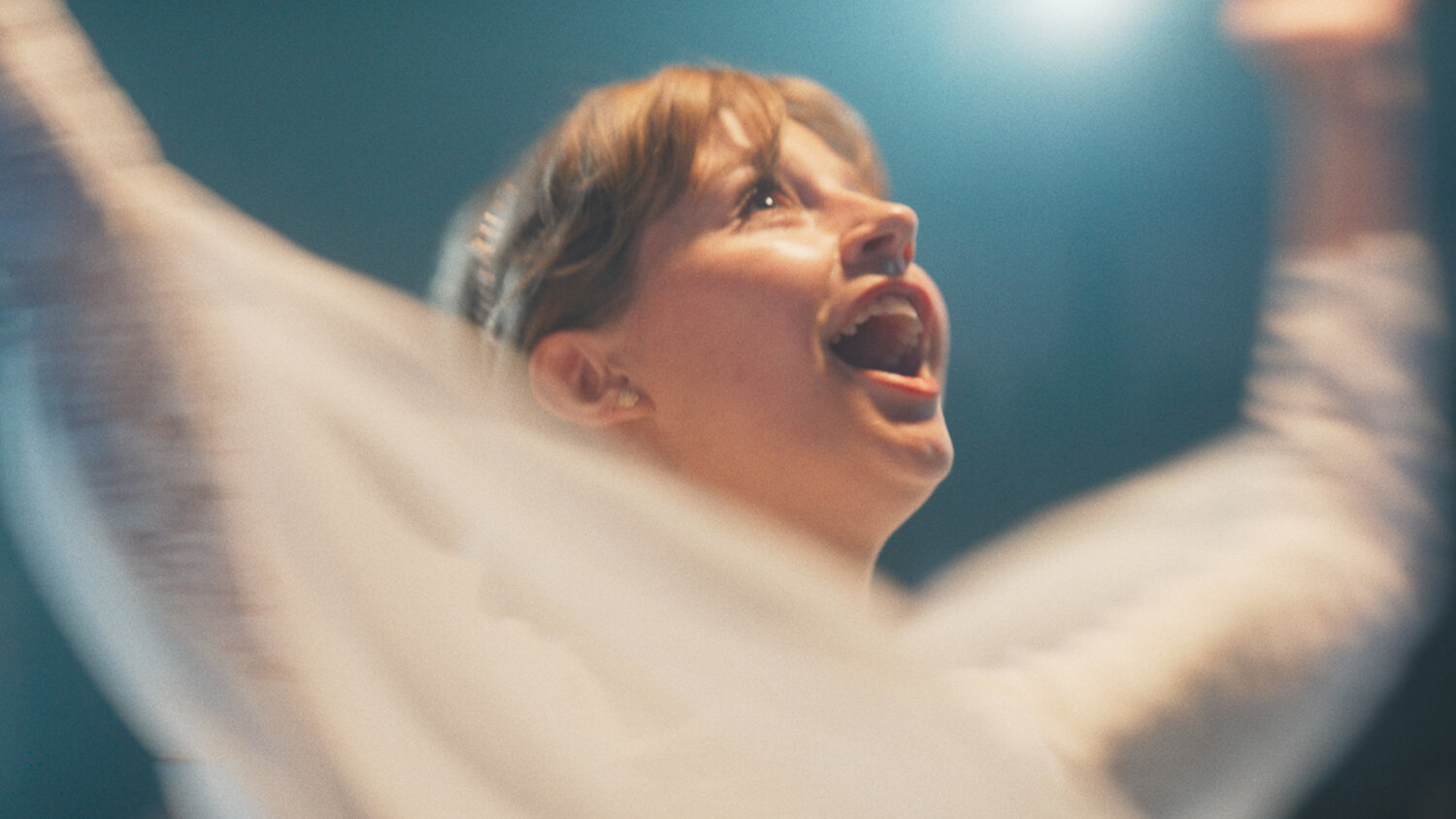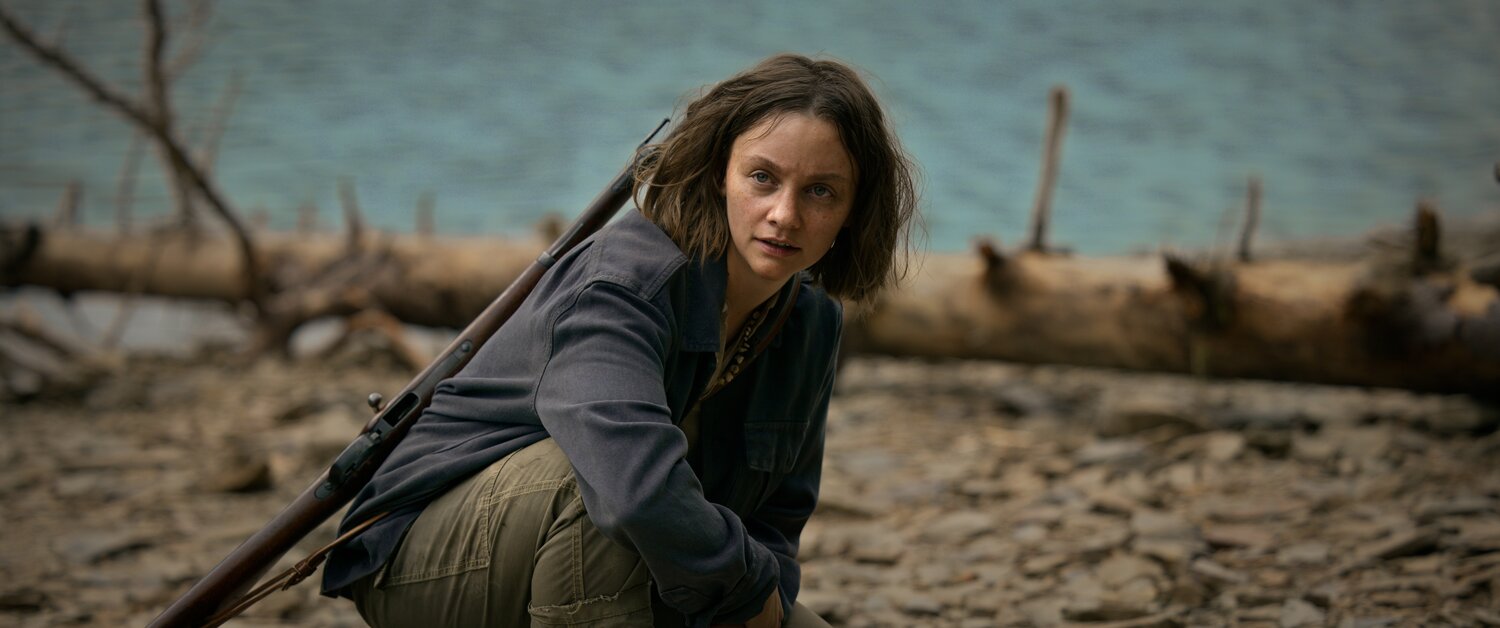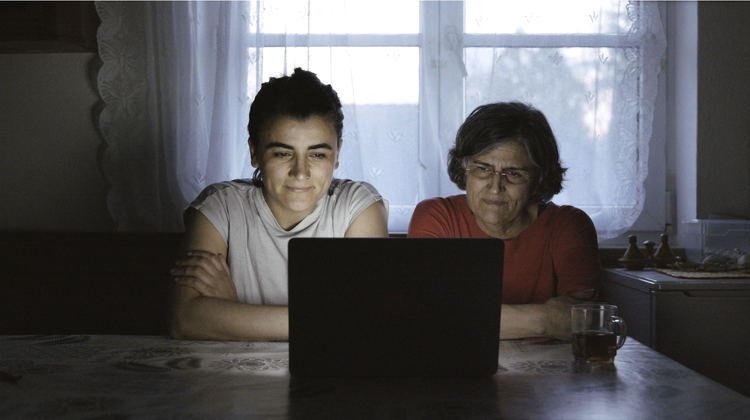The film festival Max Ophüls prize will take place for the 45th time from 22 to 28 January 2024. Based in Saarbrücken, the festival for up-and-coming filmmakers is considered an important platform for new talent from Germany, Austria, Switzerland and Luxembourg. Two of our funded films, »Gotteskinder« by Frauke Lodders and »Milchzähne« by Sophia Bösch, will be screened in the feature film competition. »Exile Never Ends« by Bahar Bektaş, also funded by HF&M, can be seen in the Documentary Film competition.
In »Gotteskinder», Frauke Lodders tells the story of siblings Hannah and Timotheus, who grow up in a strict evangelical family. Hannah in particular lives out her faith with a strong commitment to the free church. Her vow of chastity forbids any physical intimacy before marriage. When she falls in love with the new boy next door, Max, and Timotheus develops romantic feelings for his best friend Jonas, the siblings' feelings collide with their family's values and expectations. »Gotteskinder« is a Kinescope Film production in co-production with NDR, ARTE and Magic Media Production.
Sophia Bösch makes her feature film debut with »Milchzähne«. In a place and time not far from our own, Skalde, the daughter of an outsider, endeavours to overcome the stigma attached to her mother Edith and be accepted by the village community. One day, Skalde finds a strange child in the forest. In order to save it, Skalde and her mother have to stick together after years of estrangement. The drama was produced by Weydemann Bros. in co-production with Dschoint Ventschr Filmproduktion, SWR, SR, Arte and SRF.
In »Exile never ends«, the director looks at her brother Taner, who is imprisoned in Germany and about to be deported to Turkey. While he waits, Bahar Bektaş turns the camera on her Alevi-Kurdish family and embarks on a journey into the past. Persecution and flight, racist attacks, depression and excessive demands on the parents - all of this affected the three siblings in different ways. The documentary was produced by Antonia Kilian's Pink Shadow Films.


